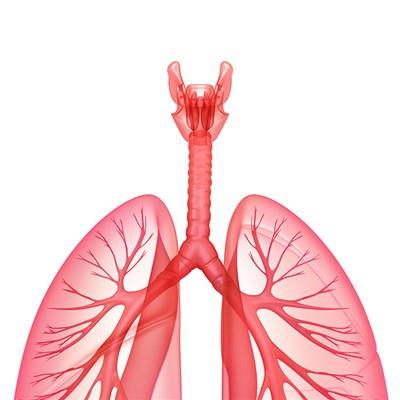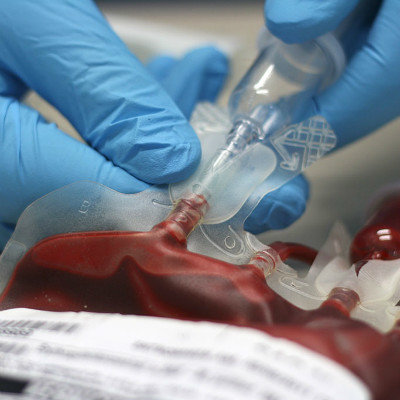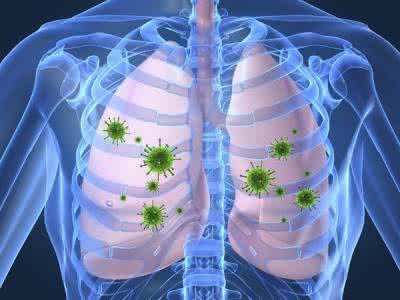Typical symptoms of nephrotic syndrome?
summary
Nephrotic syndrome is referred to as "Shenzong". We must pay attention to it when we treat it. It is a syndrome of severe proteinuria caused by increased glomerular basement membrane permeability caused by a variety of causes. So let's take a look at the typical symptoms of nephrotic syndrome? What about it?
Typical symptoms of nephrotic syndrome?
First: patients will have symptoms of low back pain. Low back pain is one of the most easily overlooked symptoms of patients' friends. Most patients will think that low back pain is caused by work and life pressure and fatigue. In fact, there is no clear cause of low back pain, should be timely to the hospital to check the kidney, spine and back muscles.
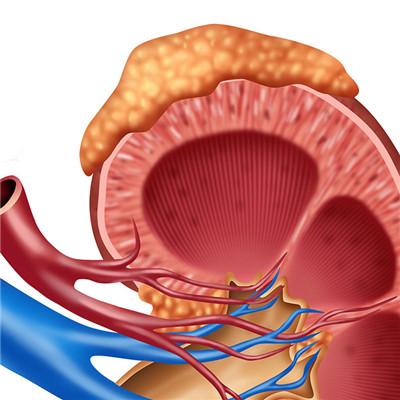
Second: the patient's urine volume will change, or high or low. When the patient's kidney is abnormal, the patient's urine volume will also change. For normal people, the daily urine volume is about 4-8 times. If there is no fever, a lot of sweating, a lot of drinking water, etc., urine volume suddenly decreased or increased, should go to the hospital to do the relevant examination, to see if you have nephrotic syndrome.
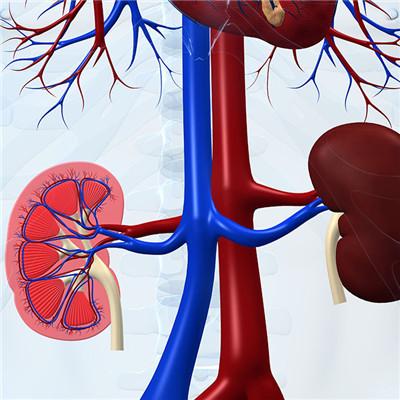
The most common explanation is caused by hypoproteinemia, a large amount of proteinuria → hypoalbuminemia → decrease of plasma colloidal osmotic pressure → water running from the blood vessel to the outside of the blood vessel → decrease of effective blood volume (therefore, the theory is also called insufficient filling theory) → three more less (RAS ↑, sympathetic ↑, antidiuretic hormone ↑), Atrial natriuretic peptide) to water sodium retention * edema.
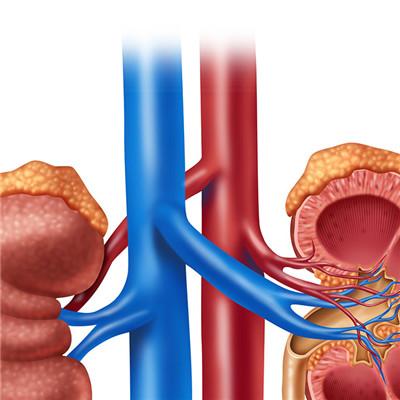
matters needing attention
In addition, in clinical practice, nephrotic syndrome needs to be differentiated from systemic lupus erythematosus, diabetic nephropathy, renal amyloidosis, myeloma nephropathy, virus associated nephritis, and Henoch Schonlein purpura nephritis. In particular, lupus kidney is mainly young women, women of childbearing age are prone to suffer. There are antibodies in laboratory test, so early detection, early diagnosis and early treatment are necessary for better prognosis.






